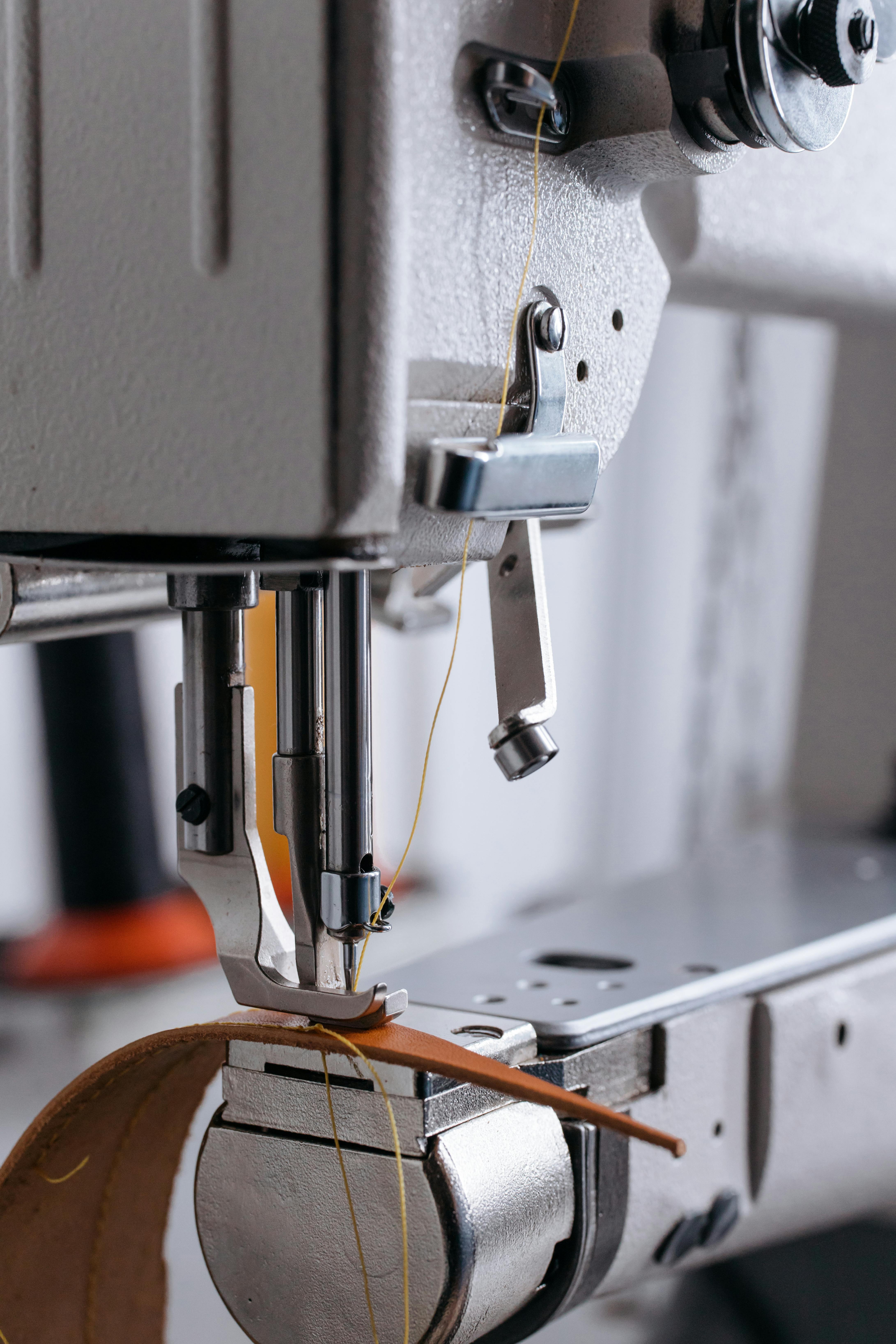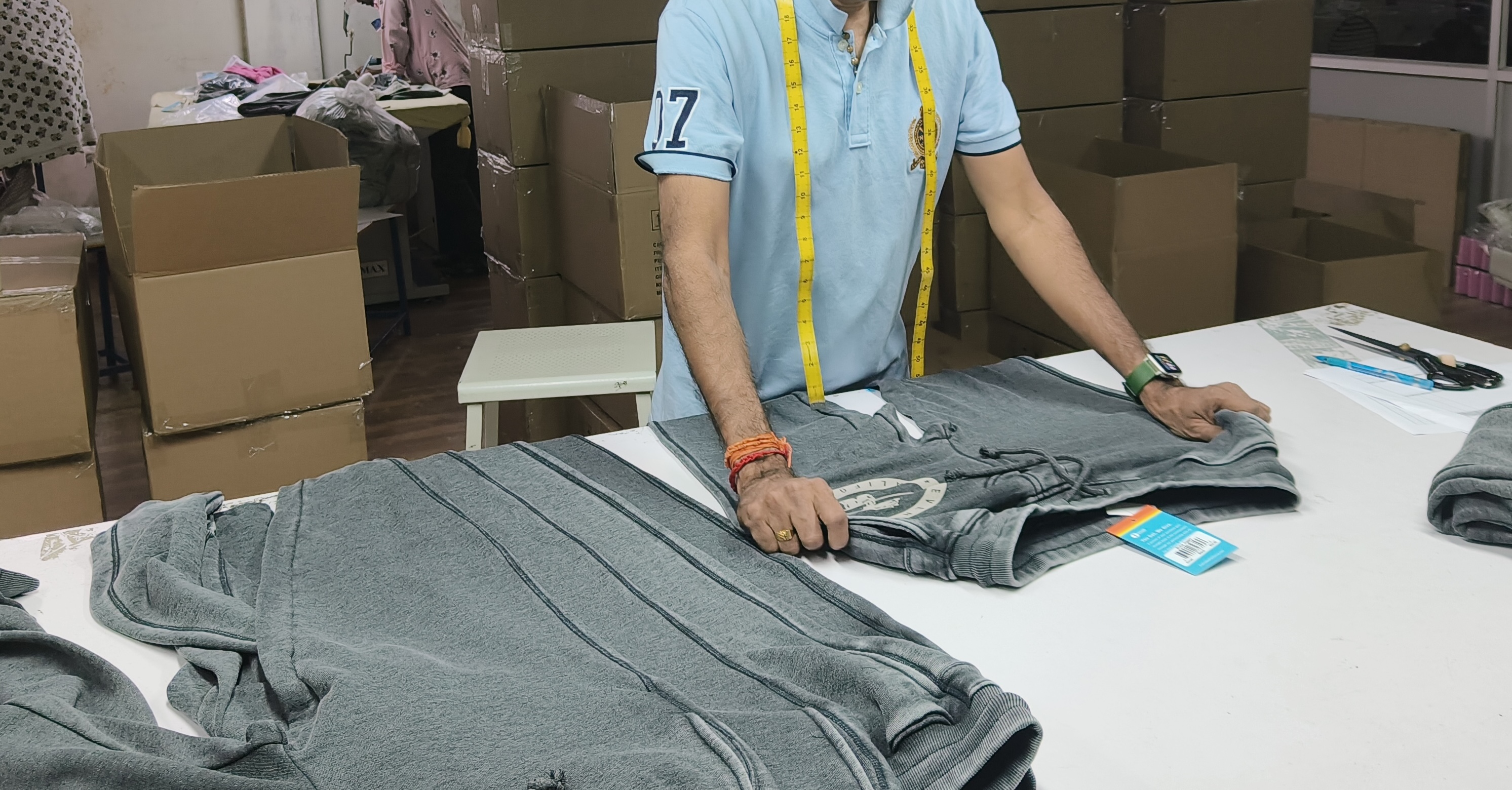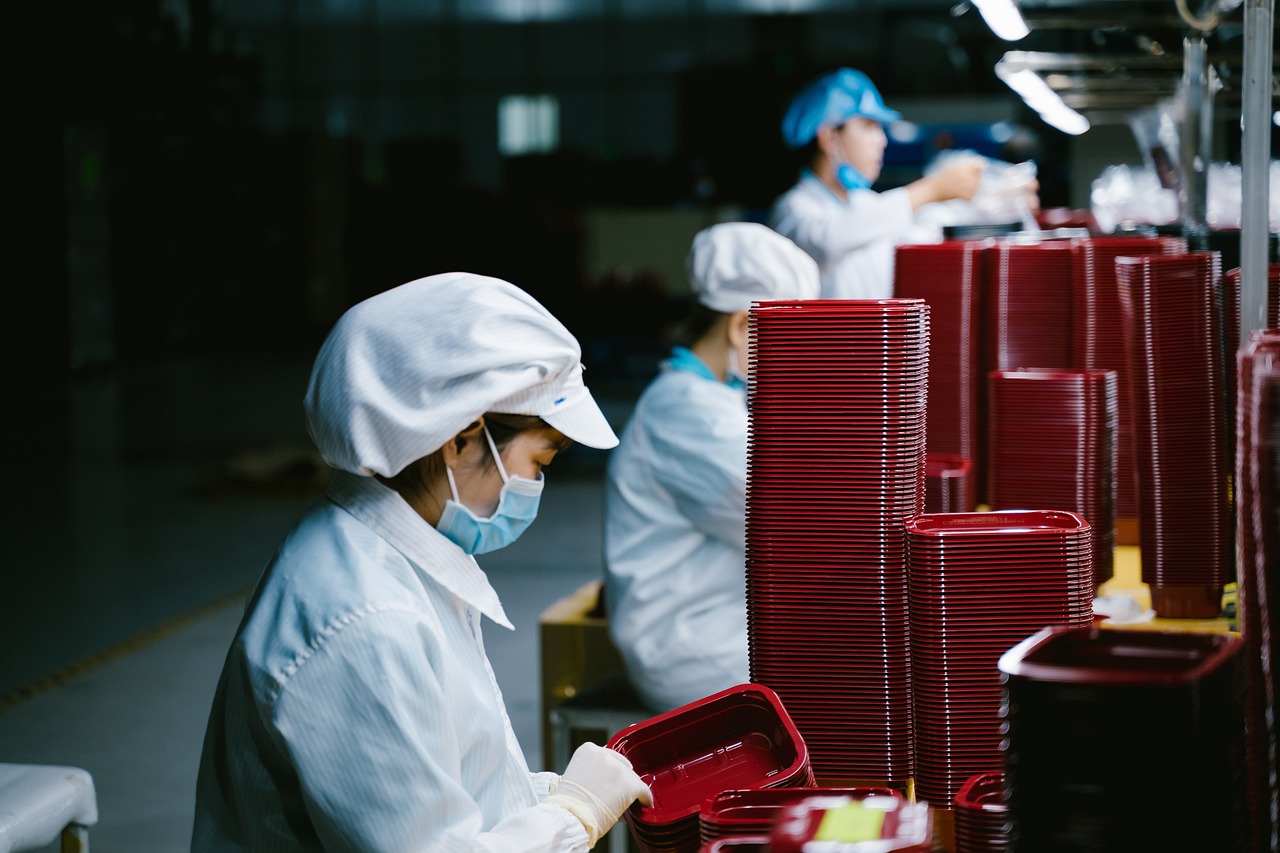Are Factory Audits Still Necessary in China? A 2025 Reality Check

In 2025, many brands–especially seasoned importers–are questioning the role of factory audits. With more polished presentations, updated certifications, and improved digital communication, Chinese suppliers appear more reliable than ever. The perception is that if a factory “looks good” and has passed ISO 9001 or similar credentials in the past, further scrutiny may be overkill. But factory audits aren’t optional; they’re operational insurance.
And with U.S. tariffs on Chinese goods rising sharply, that insurance is more valuable than ever. Every defect, delay, or compliance issue compounds your landed costs, which are already ballooning due to higher import duties.
When margins are under pressure from tariff hikes, skipping a factory audit could mean paying twice: once at the border, and again when the shipment fails to meet your standards.
Why China Factory Audits Still Matter?
Every manufacturing process evolves. A supplier’s capabilities may shift due to turnover, demand fluctuations, or internal cost pressures. Even Chinese factories that once met all quality standards can quietly fall short of maintaining them.
In fact, we've seen an uptick in hidden issues like:
- Unreported subcontracting to low-tier workshops
- Overstated production capacity to secure large POs
- Gaps in working conditions, especially with rising labor shortages
- Misrepresented or expired certifications
- Bending environmental regulations to reduce operational costs
If you're still relying solely on verbal assurances from your supplier, you're not making informed decisions; you’re gambling with your brand’s future. Factory inspections performed by a reliable partner like Silq can help ensure that your supplier standards don’t fall short of the mark.
What Do Factory Audits in China Include?
A factory audit goes far beyond ticking a compliance checkbox. It provides visibility into a supplier’s real-world practices, exposing vulnerabilities that can't be seen through email or virtual meetings. Whether you're reviewing a new supplier or revalidating an existing one, an on-site inspection is the only way to verify critical areas of your supply chain:
- Quality control systems
- Staff training and certifications
- Valid quality management systems like ISO 9001
- Safety protocols and working hours
- Adherence to labor laws and ethical standards
- Maintenance of production equipment and production lines
- Storage conditions for raw materials used in specific products
These factors directly influence product inspections, shipment reliability, and brand reputation. What looks good on paper can quickly unravel without an on-site audit conducted by experienced auditors.
Read More: Third-Party Inspections: 8 Reasons Why Production Facilities Need Them
Quality Assurance Starts Long Before Shipping
Relying on product inspections at the end of the line is too late to make course corrections. The earlier you identify issues in your production processes, the more options you have to fix them without triggering delays, rework, or financial loss.
A thorough factory audit report provides deep insight into:
- SOPs that govern quality assurance
- Preventive corrective actions taken after prior issues
- Factory maintenance logs and change management processes
- Supplier’s ability to meet international standards in real time
- Social compliance audit components such as grievance channels, safety exits, and hygiene practices
Whether you’re sourcing apparel, electronics, or kitchenware, these insights help ensure that product quality isn’t just a promise – it’s built into your supplier’s capabilities.
Read More: China QC Inspection Guide | Quality Control for Importers
Avoiding Scams & Misrepresentation
2025 hasn’t seen the end of sourcing scams. Polished websites, falsified factory profiles, and forged certificates remain common. A third-party factory audit helps you:
- Confirm actual ownership and operating licenses
- Match address details against registered production sites
- Ensure the team on the ground is qualified, not just staged for a video call
- Detect inconsistencies between what’s claimed and what’s practiced
This is particularly important when sourcing from alternative regions, such as Vietnam, where factory turnover is high and due diligence gaps are common.
Strengthening Business Relationships with Reliable Suppliers
Audits aren’t just about policing. When done correctly, they can strengthen your relationships with reliable suppliers. Sharing the audit process findings transparently, aligning on corrective actions, and setting joint improvement goals can foster trust and long-term growth.
Many forward-thinking brands now incorporate factory audit services into their supplier onboarding and annual review processes. It helps them track progress, maintain accountability, and prove compliance for their internal reporting or ESG commitments. Factory audits also play a crucial role in evaluating a factory's commitment to sustainability. From waste disposal to energy use, these checkpoints offer buyers confidence that their sourcing choices align with evolving market and regulatory expectations.
Why the Cost of Skipping Is Greater Than the Cost of Auditing
Let’s look at the math. A professional supplier audit conducted by Silq costs roughly $199. One defective shipment, even if only partially rejected, can run up losses in the tens of thousands, especially when you factor in shipping, returns, damaged customer perception, or lost shelf space.
But beyond the financials, the bigger cost is operational uncertainty:
- You lose visibility into how your production line is performing.
- You risk poor working conditions going unnoticed, putting your brand at reputational risk.
- You miss the opportunity to benchmark factory profiles across multiple vendors to choose the best fit.
And in an era where sourcing is increasingly dynamic, visibility is no longer optional—it’s a core competency.
Factory Audits Remain Non-Negotiable in 2025
Factory audits in China aren’t a legacy step; they’re a modern safeguard against the issues that erode profitability and brand trust. Even with a long-standing business relationship, overlooking current realities inside a factory can lead to unexpected breakdowns in your supply chain. As product quality, compliance, and speed become increasingly mission-critical, due diligence is a bottom-line necessity.
Whether you're onboarding a new supplier, scaling production, or assessing your existing factory’s quality control system, audits remain the most practical way to ensure that your standards are being met on the ground, where it matters most. With so much at stake—from international standards to ethical sourcing—there’s only one question left:
Are you guessing or are you verifying?
Eliminate blind spots in your supply chain. Silq’s factory audit services deliver fast, actionable insights, conducted by local, experienced auditors who specialize in your specific product category. Book your audit now and start making better informed decisions.
Factory audits aren’t legally required, but they are strongly recommended to verify a supplier’s capabilities, certifications, and compliance with international standards. Audits help you avoid costly mistakes and mitigate sourcing risks.
A factory audit evaluates the supplier’s production capacity, quality control systems, working conditions, certifications (like ISO 9001), and adherence to labor and environmental regulations. It also includes on-site inspection of facilities and production lines.
Audits assess the factory’s systems and compliance before or during production, while product inspections check the finished goods. Both are essential for maintaining consistent product quality and supply chain integrity.
You can schedule a factory audit directly through our Inspections page. Just fill out the form, and our team will arrange an on-site inspection within 48–72 hours tailored to your supplier’s location, specific product, and quality control requirements.
Ready for Supply Chain Predictability?
Importers using Silq ship smarter, safer, and with total control.







